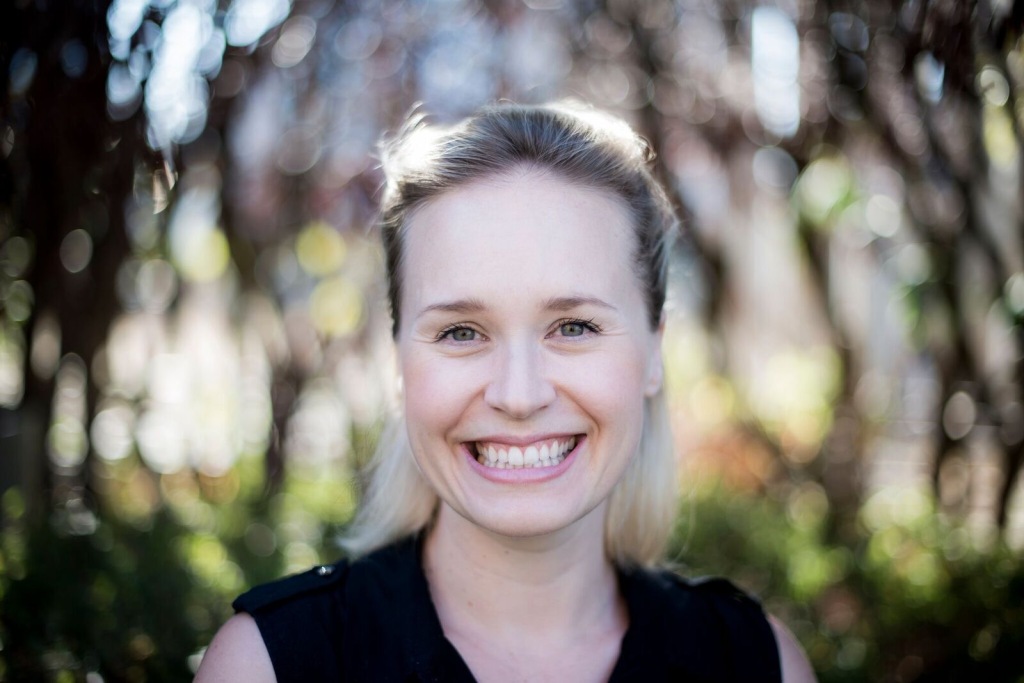The next few months we’ll be highlighting authors who have published in Culture, Medicine, and Psychiatry.
Danya Fast is an Assistant Professor in the Department of Medicine at the University of British Columbia (UBC) and an Associate Member of UBC’s Department of Anthropology. Her research focuses on tracing the substance use and care trajectories of young people who use drugs in Greater Vancouver, as these individuals navigate ongoing overdose and housing crises.
What is your article “Staying Together No Matter What: Becoming Young Parents on the Streets of Vancouver” about?
Among young people who use drugs and are experiencing poverty and homelessness, pregnancy is often viewed as an event that can meaningfully change their lives. In this way, youth’s perspectives seem to align with those of various healthcare, criminal justice, and child protection professionals. However, in our article we also describe moments when youth’s desires and decision-making are powerfully at odds with the perspectives of these professionals. For example, we describe how youth’s romantic relationships can shape understandings of right and wrong and the decision to “stay together no matter what” during pregnancy and early parenting, clashing with the demands of professionals that young couples separate for periods of time to attend residential drug treatment prior to or following childbirth. The result among young people can be painful and confusing cycles of loss, defeat, and harm. For Indigenous youth, these cycles often extend across generations.
Tell us a little bit about yourself and your research interests.
I am a medical anthropologist who has spent the past 15 years working closely with young people who use drugs in the context of unstable housing and homelessness in Vancouver, Canada. Across this period, I have been interested in how youth’s possibilities unfold through – but also around – an ever burgeoning and contracting care assemblage (to borrow a term from Andrea López) in the city, as individuals engage with, evade, and refuse state-sponsored programs and services. In my new book The Best Place, I trace the affective intensities that animate these moments of engagement, evasion, and refusal, as well as substance use itself.
What drew you to this project?
Over the past decade and a half, I have worked closely with many young couples who use drugs, and always been eager to undertake a project focused on their perspectives and experiences surrounding pregnancy and early parenting. It was a pleasure to work with my Master’s student and co-author Reith Charlesworth on this project, which incorporated insights from both my own long-term fieldwork and Reith’s Master’s research with a distinct group of young people and couples.
What was one of the most interesting findings?
The most interesting, or perhaps important, finding in my view is how powerfully romantic relationships anchored young people’s moral worlds and decision-making regarding what was right and wrong in particular moments. The imperative to “stay together no matter what” among young couples was so powerful that it almost always overrode even the strongest warnings from social workers, probation officers, and others that youth must separate from each other for periods of time so that custody of a child could be maintained. This mis-match of perspectives was painfully confusing and frustrating for young people, and had heartbreaking consequences.
What are you reading, listening to, and/or watching right now?
Reservation Dogs (Disney+)
Crackdown Podcast
Johnny Appleseed by Joshua Whitehead
Habeas Viscus by Alexander Weheliye
If there was one takeaway or action point you hope people will get from your work, what would it be?
Young people who use drugs are enmeshed in elaborate moral worlds often anchored by relationships to place and to each other. It is critical that programs and services for pregnant and parenting youth are not just focused on reducing risks and harms, but also on supporting young people’s full humanity and desires for love, family, and homemaking.
Thank you for your time!

